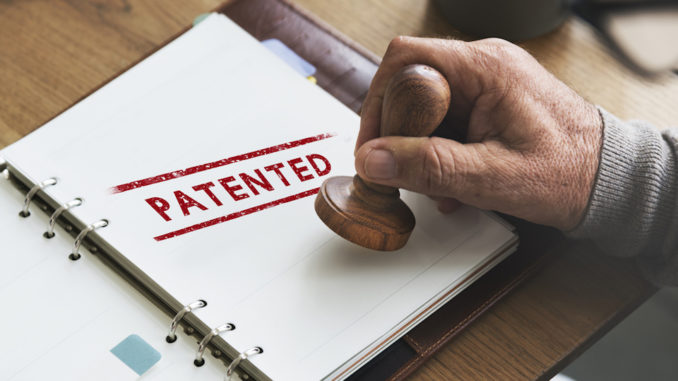
Vedanta Biosciences, a clinical-stage company developing a new category of therapies for immune-mediated diseases based on rationally-defined consortia of human microbiome-derived bacteria, announced that the Opposition Division of the European Patent Office has upheld Vedanta’s foundational patent EP2575835 (the “Honda patent”), strengthening Vedanta’s intellectual property position in a key area of microbiome therapeutics.
The patent is based on groundbreaking work by Dr. Kenya Honda, a scientific co-founder of Vedanta Biosciences, in identifying bacteria that induce significant immune responses. The upheld patent claims broadly cover compositions of clostridial bacterial species for use in infectious and allergic disease.
Clostridial bacterial species are abundant in the gut and are of high interest for use in the development of live biotherapeutic products designed to colonize and modulate a patient’s microbiome to therapeutic effect. The Honda patent is exclusively licensed to Vedanta under an agreement with the University of Tokyo and provides coverage through at least 2031.
“We welcome this decision which affirms our belief that Dr. Honda’s breakthrough discoveries form the basis for a critical, foundational patent estate for the development and commercialization of human microbiome drugs based on live bacteria,”
said Bernat Olle, Ph.D., chief executive officer of Vedanta Biosciences.
The Honda patent, together with additional Vedanta patents, provide the company with a leading IP position in the microbiome field. Vedanta’s patents support the company’s therapeutic candidates for the treatment of autoimmune diseases, such as inflammatory bowel disease (IBD), food allergy, and infectious diseases. Vedanta’s portfolio contains 20 U.S. patents and numerous foreign issuances with coverage extending to 2037.
The Honda patent, EP2575835, was opposed by six parties: Seres Therapeutics Inc., Nestec SA (a subsidiary of Nestlé SA) as well as four anonymous parties. Minor formal claim amendments were entered during the oral proceedings. The patent is now issued in major commercial markets, including the United States, Europe, and Japan.

